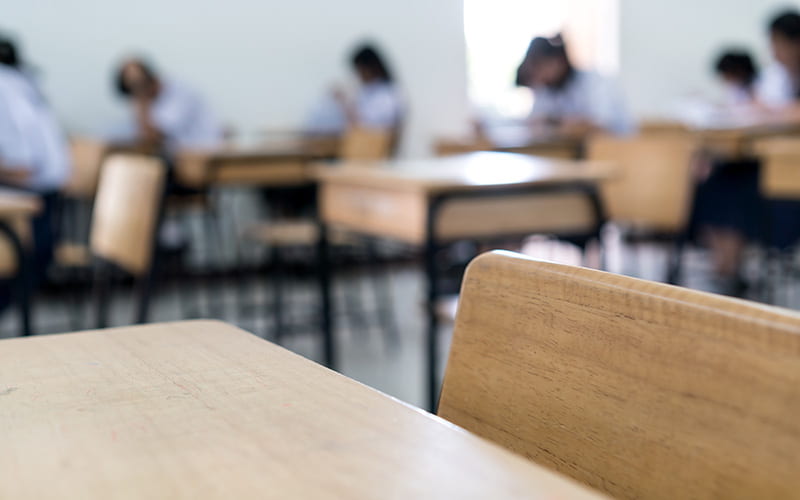Amplifying voices: lived experiences of dyscalculia
By IOE Blog Editor, on 9 December 2025

Credit: zphoto83 via Adobe Stock.
9 December 2025
By Elisabeth Herbert, Helen Williams, Jo Van Herwegen, Laura Outhwaite, UCL Institute of Education (IOE) and Cat Eadle (Dyscalculia Network)
The IOE and the Dyscalculia Network are collaborating to raise awareness of dyscalculia and mathematical learning difficulties through developing research, resources and events that centre around lived experience. In this piece we set out how our recent initiatives are making an impact. (more…)
 Close
Close











